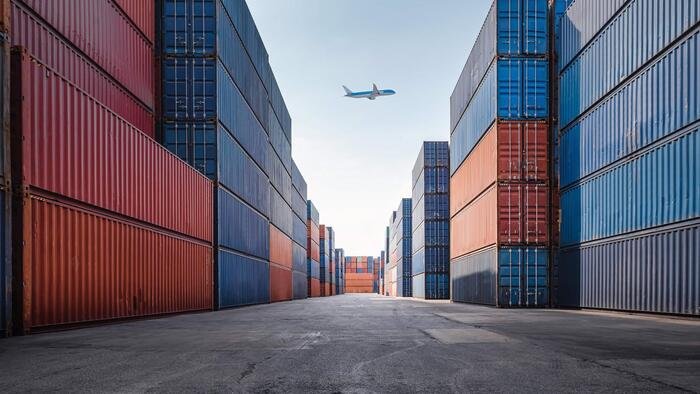Authored by Victor Davis Hanson via American Greatness,
The real trade war wasn’t Trump’s – it was decades of lopsided deals, deficits, and double standards America tolerated while others profited…
1.Trump’s So-Called “Trade War.”
Many refer to the American effort to achieve tariff parity or reduce the $1 trillion trade deficit and decades of consecutive trade deficits as “a trade war.” But what should we call the policies of Europe, Asia, China, and others over the past fifty years that have maintained asymmetrical tariffs, pseudo-health and security trade restrictions, and large surpluses?
A trade peace? Trade fairness?
2. Do Nations Prefer Surpluses or Deficits?
Why do most nations prefer trade surpluses and protective tariffs?
Are Europe, Asia, China, and others making a mistake? Are they endangering themselves by continuing to maintain trade surpluses and protective or asymmetrical tariffs?
Is the United States exceptionally wise in sustaining a half-century of cumulative trade deficits? Have Americans alone recognized the benefits of a $1 trillion annual trade deficit and low or non-existent tariffs?
Why don’t America’s trading partners prefer deficits like ours—assuming we believe they are advantageous or perhaps irrelevant?
3. Would Our Trade Partners Prefer to Trade Places With Us?
Would our trade partners rather have America’s alleged benefits of a $1 trillion trade deficit?
Would the United States then “suffer” like they do with $200 billion annual surpluses?
4. What if Wages Went Up at the Rate of the Stock Market?
How would the stock market react if wages had increased at the same rate as stocks over the past decade—and if stocks had increased at the rate of wages?
5. Is Wall Street’s Panic Based on What Might Happen—Or What Is Happening?
Is Wall Street’s panic a response to potential future events? Or is it reacting to recent reports such as the unexpected increase of 93,000 jobs in March, lower oil prices, or the dip in the annualized inflation rate to 2.6%?
6. Is the Frenzy Caused by the Trump Economic Agenda?
Is Wall Street concerned that Trump’s proposed tax cuts, deregulation, budget cuts, and efforts to reduce deficits and national debt could hinder economic growth?
7. What About North American Neighbors?
If the U.S. had a $63 billion-plus trade surplus with Canada and was not meeting its NATO defense spending requirements, would Canada be worried?
If Mexico had a $171 billion trade deficit with the U.S., with Americans in Mexico sending over $60 billion annually, and American drug dealers profiting from selling drugs to Mexico, would Mexico be upset?
8. Is the Trump Agenda Bad Economic News?
Is the current panic surrounding tariffs exacerbated by Trump’s other policies?
Is the sudden decrease in illegal entries, the stabilization in the Red Sea, and other geopolitical events unsettling Wall Street?
Is the concern related to the proposed budget cuts, sanctions on Iran, support for Israel, and efforts to end conflicts like the one in Ukraine?
9. Was the Biden Record Preferable?
Should Trump follow Biden’s approach of adding trillions to the national debt, allowing illegal immigration, or implementing policies like the New Green Deal and electric vehicle mandates?
10. Why the Negotiations and Why Now?
Why are 70 countries suddenly interested in negotiating tariffs with the U.S.? Is this a positive development? Why did it take so long for our trade partners to consider lowering trade barriers?
What’s Next?
If many nations rush to negotiate deals with the U.S. to access the American market, could this lead to a different reaction on Wall Street—perhaps a rush to buy stocks at discounted prices?
Loading…

